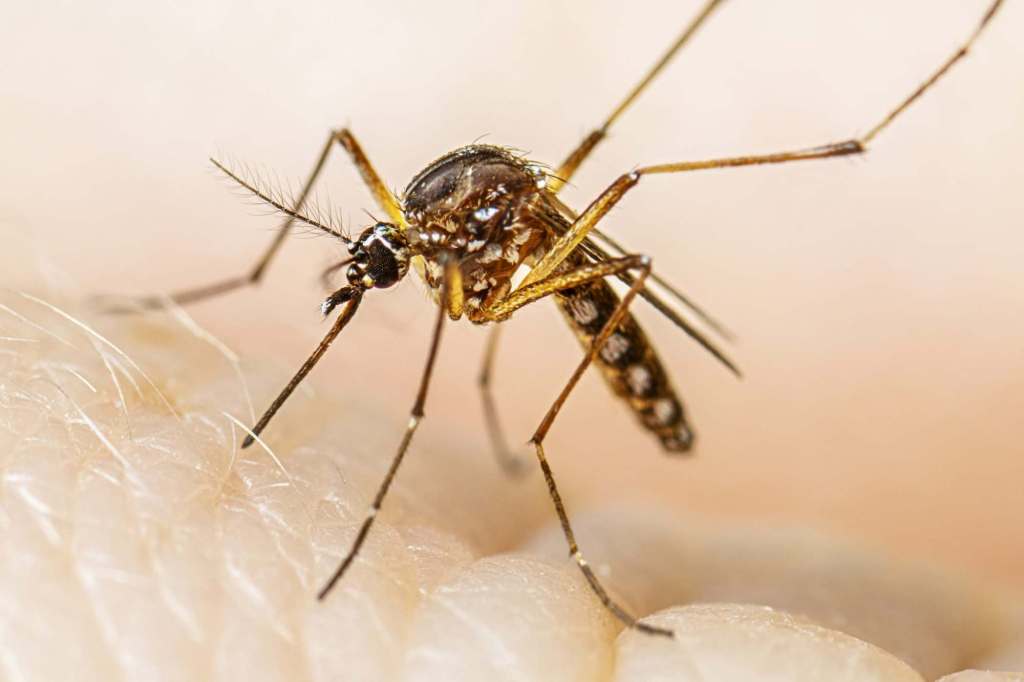
Santa Clara County officials announced Thursday that an invasive breed of mosquito had been found in a fourth location in San Jose, according to a press release.
The Aedes aegypti mosquito is an non-native species that is known for aggressive biting during the day and can transmit several different diseases. The mosquito has been found in six locations throughout Santa Clara County. Most recently, it was found in San Jose around Cortez Avenue and Orlando Drive.
“The threat posed by Aedes aegypti is growing, and we need everyone to pitch in now to prevent this day-biting mosquito from becoming established in Santa Clara County,” said Edgar Nolasco, director of the County of Santa Clara Consumer and Environmental Protection Agency. “In the interest of public health, we need businesses and residents to check their properties for sources of standing water and remove them. And we need the people who live in areas where this invasive mosquito has been found to work together with district staff and allow them to inspect their properties.”
The mosquito is about a quarter-inch in size and can be identified by black and white stripes on its back and legs. They tend to only feed on humans and do not fly farther than 500 feet from where they hatch.
The mosquito has been found in six locations in San Jose near Oak Hill Funeral Home and Memorial Park and near Cortez Avenue and Orlando Drive and in South San Jose, Santa Clara, Gilroy and East San Jose. County officials attributed increasing mosquito activity to warmer temperatures brought by climate change.
Authorities stated that Aedes aegypti mosquitoes have persistent populations in 19 California counties, mostly in the Central Valley and Southern California. However, the mosquitoes’ presence is seen, but not established, in four Bay Area counties.
County officials warned that the mosquito can transmit diseases like dengue, chikungunya, Zika and yellow fever. In 2024, the Los Angeles County Department of Public Health reported 12 cases of locally acquired dengue.
Aedes aegypti mosquitoes do not need much water to lay their eggs and tend to lay eggs in just above the water line in small, artificial sources of water, like buckets, pet dishes, fountains and bird baths, plant pots and saucers and old tires. The eggs can also survive for more than a year in dry conditions.
The county’s efforts to prevent the invasive mosquitoes from establishing a permanent population include trapping adult mosquitoes, inspecting properties to find mosquito larvae and habitats and treating any identified larvae with pesticide.
The county stated they will soon treat the area surrounding Cortez Avenue and Orlando Drive with a series of wide area larvicide spraying, which is done with truck-mounted equipment; officials also they would use adult-mosquito-control treatments if necessary. The county has previously sprayed pesticides in neighborhoods where mosquitoes potentially carrying West Nile virus have been found.

















































